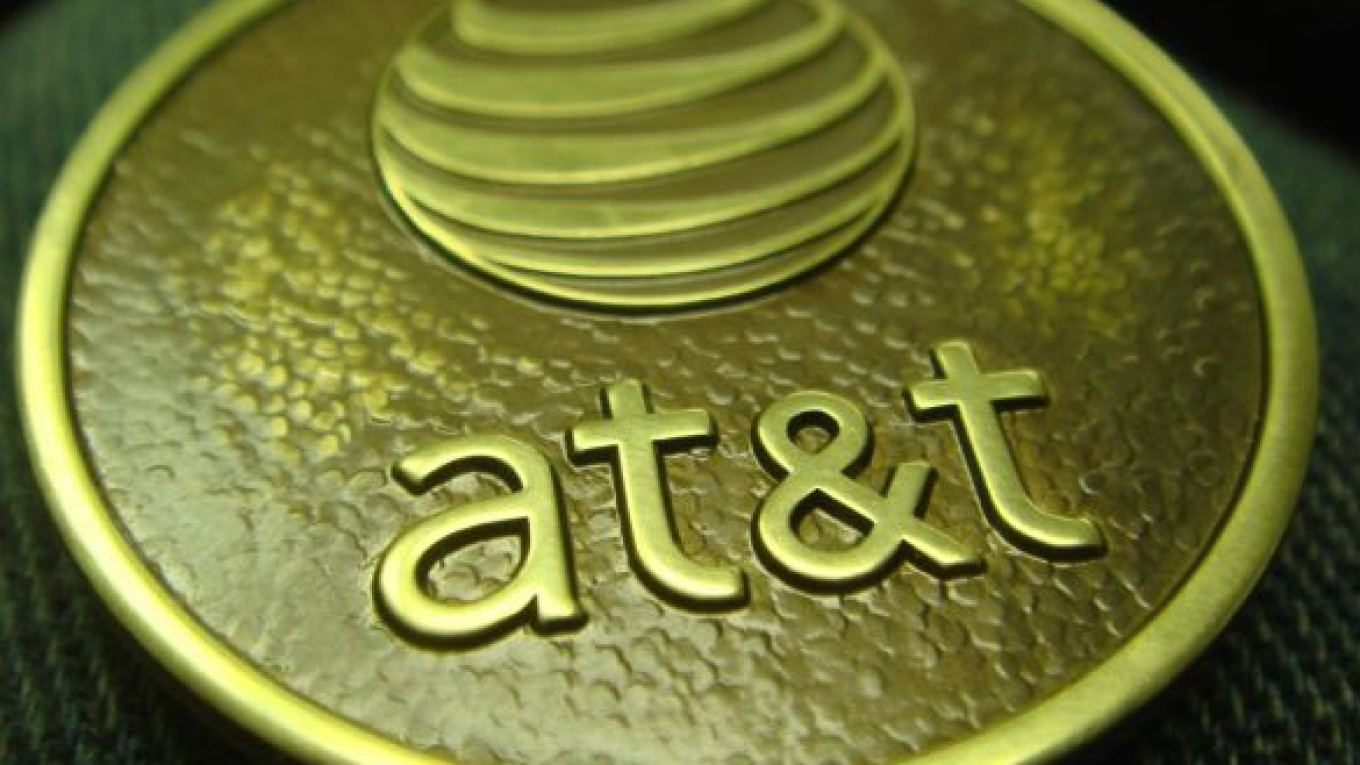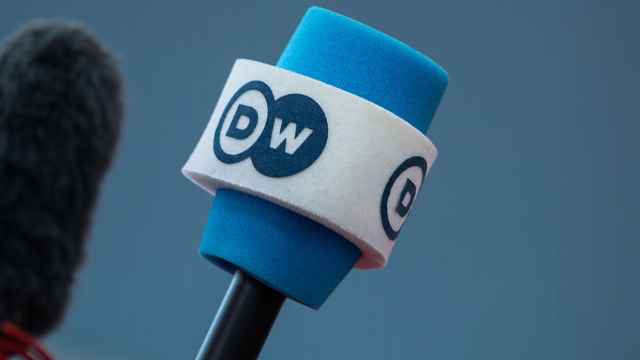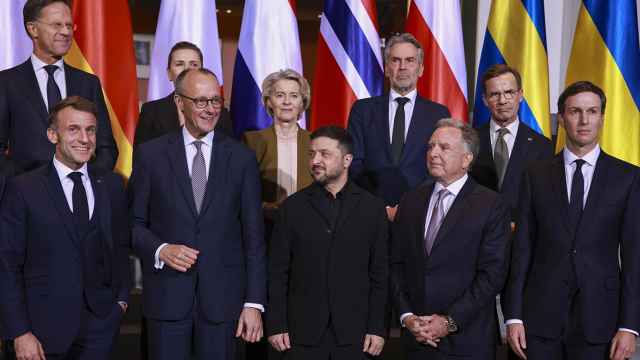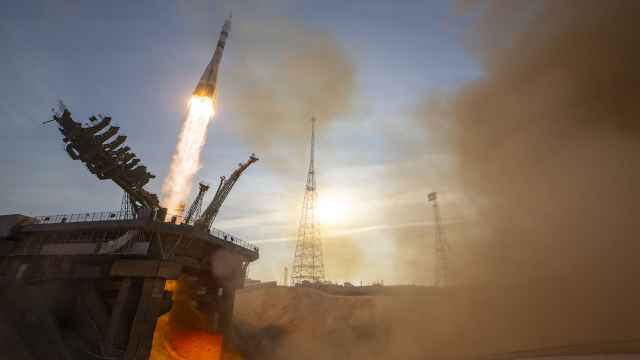Telecommunications operator AT&T has taken a stand against Russia's anti-gay law, joining athletes and activists who have condemned it, just before the start of the Sochi Olympic Games.
The second-largest U.S. wireless carrier is supporting a Human Rights Campaign request to IOC sponsors, who are called upon to protest Russia's ban against homosexual "propaganda," AT&T said in a blog post Tuesday. The Dallas-based company is not a sponsor of the Games.
"As the Games begin, we are here to support and inspire American athletes who have worked hard and sacrificed much to achieve their dreams," AT&T said. "We also want to be on record with our support for the LGBT community, and we hope that others involved with the Olympic Games will do the same."
Gay rights activists and athletes have been pressuring sponsors, including ,Coca-Cola, McDonald's Corp. and Procter & Gamble, to protest the law. Coca-Cola, Atos, Dow Chemical Co., General Electric Co., Panasonic Corp. and Samsung Electronics have said they have raised the issue with the International Olympic Committee and expect all athletes and spectators to be welcome regardless of their sexual orientation.
Coca-Cola, the world's largest beverage company, has said it will not withdraw sponsorship to avoid undermining gay athletes who have spent years preparing for the competition. The company, along with McDonald's and Procter & Gamble, has been the target of protests in the U.S. over their sponsorship of the Games.
In October, a New York-based gay rights group with 1.9 million members around the world, hired trucks to circle Coca-Cola's headquarters in Atlanta with billboards that urged the drink maker to call on Russia to repeal the law banning gay propaganda signed by President Vladimir Putin in June.
Olympic Charter
Hudson Taylor, founder and executive director of Athlete Ally, based in New York, said in November that his company was in talks with Australian snowboarder Belle Brockhoff and Canadian Alpine skier Mike Janyk as well as two other athletes about wearing logos referring to the Olympic charter, which bans all forms of discrimination in its sixth principle.
By calling attention to the IOC's own mission statement, athletes will be able to show their disdain for the law without violating either that legislation or an Olympic ban on political actions, Taylor said.
Sports Minister Vitaly Mutko said in August that athletes and spectators attending the Feb. 7-23 event would face arrest, fines and deportation if they violated the law, which officials say is intended to protect children. The maximum punishment for foreigners is 15 days in prison. Putin said later that he will prohibit any discrimination based on race, gender or sexuality at the games.
Civil rights campaigners in Russia say that the law is so vague that it could apply to any open display of homosexuality and that it encourages violence against gays.
A Message from The Moscow Times:
Dear readers,
We are facing unprecedented challenges. Russia's Prosecutor General's Office has designated The Moscow Times as an "undesirable" organization, criminalizing our work and putting our staff at risk of prosecution. This follows our earlier unjust labeling as a "foreign agent."
These actions are direct attempts to silence independent journalism in Russia. The authorities claim our work "discredits the decisions of the Russian leadership." We see things differently: we strive to provide accurate, unbiased reporting on Russia.
We, the journalists of The Moscow Times, refuse to be silenced. But to continue our work, we need your help.
Your support, no matter how small, makes a world of difference. If you can, please support us monthly starting from just $2. It's quick to set up, and every contribution makes a significant impact.
By supporting The Moscow Times, you're defending open, independent journalism in the face of repression. Thank you for standing with us.
Remind me later.






